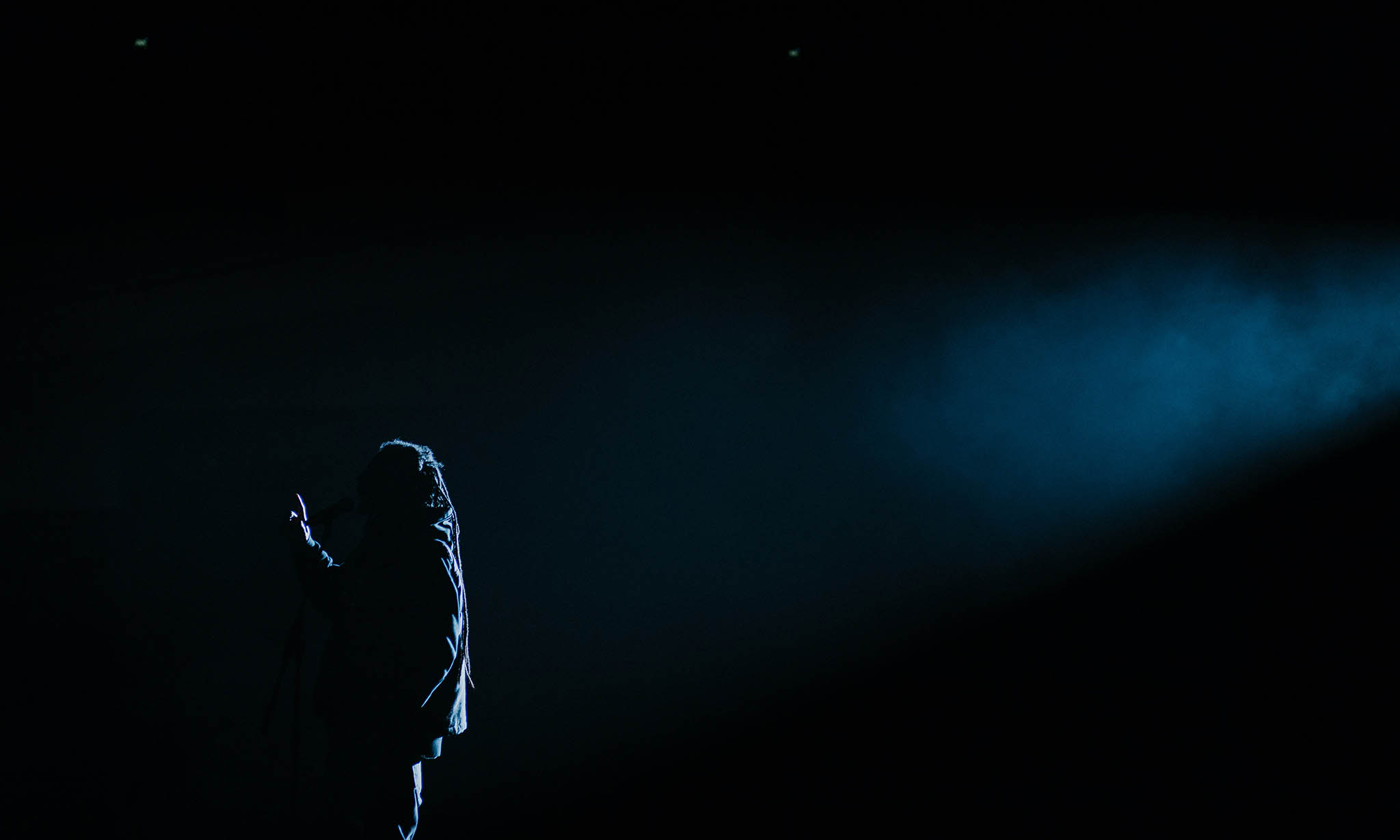
10 Proven Ways Rappers Can Make Money from Their Music
The music industry has evolved significantly, providing rappers with numerous ways to monetize their music and grow a sustainable career. While traditional album sales and live performances are still important, the rise of digital platforms, social media, and new business models have opened up many opportunities for rappers to make money. This detailed guide explores various strategies for rappers to generate income from their songs and other music-related ventures.
1. Streaming Revenue
Streaming platforms like Spotify, Apple Music, Tidal, and YouTube have become one of the primary ways for artists to distribute music. While the payout per stream is relatively low, rappers can still make significant income if they generate a high volume of streams. Here’s how to maximize streaming revenue:
- Distribute on Multiple Platforms: Ensure your music is available on all major streaming services to reach a wider audience. Use digital distribution services like DistroKid, TuneCore, or CD Baby to get your songs onto various platforms.
- Create Playlists: Curate your own playlists or collaborate with other artists to get your tracks featured on playlists that have a large following. Getting featured on Spotify editorial playlists can significantly increase streams.
- Leverage YouTube: Upload your songs and music videos on YouTube to tap into ad revenue. Optimize your titles, descriptions, and tags to increase discoverability.
Tip: While streaming may not pay as much per song, the exposure can help build a larger fan base, leading to more revenue opportunities through other channels.
2. Music Sales and Digital Downloads
Even in the era of streaming, selling music digitally can still be profitable, especially for independent rappers who retain more of their sales revenue. This can include:
- Selling Through Your Website: Offer direct downloads or exclusive content (e.g., instrumental versions, unreleased tracks) through your website using platforms like Bandcamp or Bandzoogle.
- Limited-Edition Releases: Sell digital albums or mixtapes as limited editions with exclusive artwork or bonus tracks. This can create a sense of urgency and encourage fans to make purchases.
- “Pay-What-You-Want” Pricing: Allow fans to choose how much they want to pay for a digital download. This can lead to higher-than-average sales from fans who want to support you more.
3. Merchandising
Selling merchandise can be a lucrative way for rappers to make money beyond just their music. Merchandise can include T-shirts, hats, hoodies, posters, and even unique items like custom jewelry or signed copies of albums.
- Create Limited-Edition Merch: Launching exclusive, limited-edition products can generate excitement and prompt fans to buy quickly.
- Bundle Merch with Music: Sell merchandise packages that include digital downloads or physical copies of albums. For example, a package might include a T-shirt, CD, and a signed poster.
- Set Up an Online Store: Use platforms like Shopify or Big Cartel to set up an online store where fans can buy your merch.
Tip: Quality matters. Invest in high-quality merchandise, as this will increase the perceived value and likelihood of repeat purchases.
4. Live Performances and Touring
Live shows are one of the most traditional and profitable ways for rappers to make money. They not only provide a direct source of income but also help in building a loyal fan base.
- Book Local Gigs: Start with local venues, clubs, and festivals to gain exposure and build performance experience. Once you have a following, you can move to larger venues or even organize a tour.
- House Concerts: Perform intimate shows for small groups of fans in a private setting. This can be lucrative if you charge per ticket and offer exclusive merchandise at the event.
- Virtual Performances: Host live-streamed concerts or virtual shows where fans can purchase tickets. Platforms like Twitch, Stageit, and Facebook Live allow artists to earn money from virtual performances.
Tip: Touring can be expensive, so be sure to budget wisely and consider teaming up with other artists to split costs.
5. Sync Licensing
Sync licensing involves having your music used in movies, TV shows, commercials, video games, or other media. This can be a significant source of income as well as exposure.
- Register with a Licensing Agency: Companies like BMI, ASCAP, and SESAC help artists collect royalties from sync licensing. Some agencies can also help pitch your music to media producers.
- Pitch Your Music for TV and Films: Seek out opportunities for your songs to be used in TV shows, movies, and video game soundtracks. Services like Musicbed and Songtradr can help get your music licensed.
- Create Instrumentals and Beats: Sync opportunities aren’t limited to complete songs; instrumental versions or specific beats can also be licensed for use in media.
Tip: Instrumental versions of your songs have a better chance of being licensed for TV and films, as lyrics can sometimes be distracting in background music.
6. Publishing and Royalties
Rappers can earn publishing royalties every time their music is played on the radio, performed live, streamed, or sold. There are two main types of royalties:
- Mechanical Royalties: These are earned when your song is reproduced, such as when it is downloaded or streamed.
- Performance Royalties: These are earned when your music is played on the radio, in public places, or live.
Tip: Make sure your songs are registered with a Performing Rights Organization (PRO) like ASCAP, BMI, or SESAC to collect these royalties. Additionally, consider working with a publishing administrator to ensure you’re not missing out on any income streams.
7. Crowdfunding and Fan Support
Platforms like Patreon, Kickstarter, and Indiegogo offer rappers the opportunity to generate income directly from fans. These platforms can be used to fund new projects, albums, or music videos.
- Offer Exclusive Content: Provide supporters with behind-the-scenes content, early access to new music, or even custom songs in exchange for financial support.
- Crowdfund an Album or Music Video: Launch a campaign to raise funds for a new project. Offer rewards like signed merchandise, personalized shout-outs, or VIP concert tickets to incentivize fans to contribute.
Tip: Be consistent in providing value to your supporters. The more exclusive content and rewards you offer, the more likely fans will continue to support you.
8. Beat Sales and Production Work
If you produce your own beats, you can sell them to other artists, license them for commercial use, or offer custom production services.
- Use Beat Marketplaces: Platforms like BeatStars, Airbit, and SoundClick allow producers to sell beats to other artists. You can offer beats with different licensing options, such as exclusive rights or non-exclusive licenses.
- Offer Mixing and Mastering Services: If you have audio engineering skills, offer mixing and mastering services to other artists, providing an additional income stream.
- Collaborate with Other Artists: Co-produce tracks with other artists or sell your services for creating custom beats, hooks, or full songs.
9. YouTube Monetization
YouTube offers several ways to make money from your music, including ad revenue, sponsorships, and Super Chat during live streams.
- Ad Revenue: Enable monetization on your channel to earn money from ads played before, during, or after your videos.
- YouTube Partner Program: Join the YouTube Partner Program to access premium features like memberships, merchandise shelf integration, and channel memberships.
- Super Chat and Donations: When live streaming, fans can donate to you using Super Chat, providing a direct way for your audience to support you financially.
10. Brand Partnerships and Sponsorships
As a rapper, you can work with brands for paid sponsorships or endorsements. This can involve promoting products in your music videos, social media, or even in your lyrics.
- Partner with Brands You Believe In: Authenticity matters. Work with brands that align with your style and values to maintain credibility with your audience.
- Leverage Your Social Media: A strong social media presence can attract brands looking for influencers. Use your platforms to showcase your reach and engagement to potential sponsors.
- Collaborate on Merchandise: Partner with brands to create co-branded merchandise or limited-edition products. This can increase your visibility while earning additional income.
Conclusion
Making money as a rapper requires more than just releasing music. By diversifying income streams and leveraging multiple revenue opportunities, rappers can build a sustainable career and maximize their earning potential. From streaming and digital sales to live performances, sync licensing, and brand partnerships, the possibilities are vast. Being proactive, staying informed, and constantly seeking new ways to monetize your craft will put you on the path to success in the ever-evolving music industry.
Rappers should focus on building a loyal fan base and offering them value through their music, merchandise, and exclusive experiences. With the right strategy and a commitment to growth, making a living as an independent rapper is more achievable than ever.
Browse Beats & Instrumentals
Check out my extensive catalog of more than 500 custom-made beats and instrumentals, available for free download or licensing.


No Comments